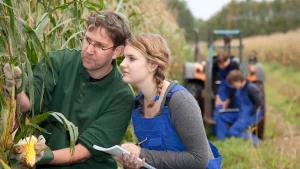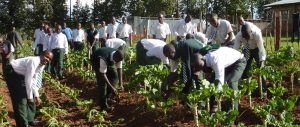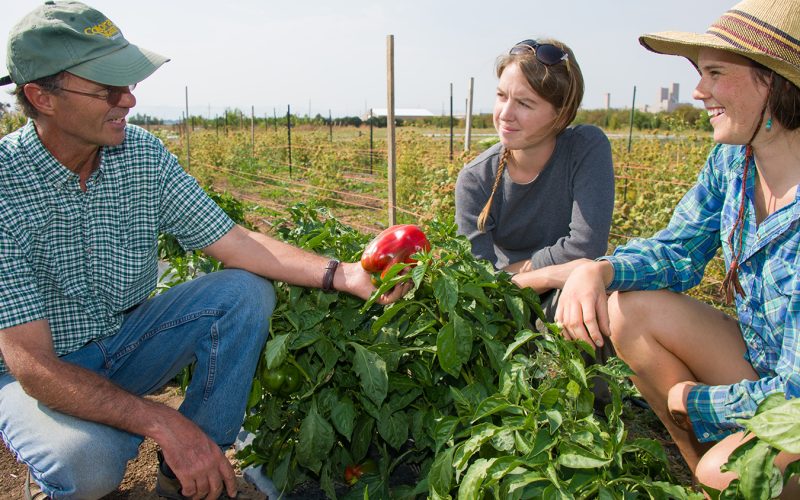Introduction:
Meet Dr. Emily Green, an esteemed agricultural scientist with a passion for sustainability. With decades of experience in eco-friendly farming practices, Dr. Green is on a mission to educate farmers about the importance of adopting sustainable techniques. In this article, we delve into the pivotal role Agricultural Education plays in shaping eco-friendly farming practices and its impact on sustaining our planet.
Understanding Agricultural Education
Delve into the concept of sustainable agriculture, highlighting its principles and importance in mitigating environmental degradation. Discuss key elements such as soil health, water conservation, biodiversity, and minimizing chemical inputs. Illustrate with examples of successful sustainable farming models.
The Role of Agricultural Education

Examine how education influences farming practices, from traditional methods to modern sustainable techniques. Discuss the importance of agricultural education programs, workshops, and outreach initiatives in disseminating knowledge about eco-friendly practices.
Environmental Stewardship Through Agricultural Education
Explore how education fosters environmental stewardship among farmers. Discuss the awareness of ecological impacts, conservation of natural resources, and the promotion of biodiversity through education initiatives. Highlight success stories of farmers embracing sustainable practices.
Integrating Technology and Innovation
Discuss the role of technology and innovation in sustainable agriculture education. Explore advancements such as precision farming, IoT applications, and data-driven decision-making in optimizing resource use and minimizing environmental impact.
Challenges and Solutions in Sustainable Farming Education (300 words)
Examine the challenges faced in promoting sustainable farming education, such as lack of access to resources, resistance to change, and policy barriers. Offer solutions such as government support, funding for educational programs, and community engagement initiatives.
Empowering Future Generations

Discuss the importance of educating the next generation of farmers about sustainable practices. Highlight the role of schools, universities, and youth programs in instilling environmental consciousness and fostering a culture of sustainability.
Visual Table: Key Points in Eco-Friendly Farming Education
| Key Aspect | Description |
|---|---|
| Sustainable Agriculture | Principles and Importance |
| Role of Education | Influence on Farming Practices |
| Environmental Stewardship | Promoting Conservation and Biodiversity |
| Technology and Innovation | Advancements in Sustainable Agriculture |
| Challenges and Solutions | Overcoming Barriers to Education |
| Empowering Future Generations | Educating Youth for Sustainability |
Comparative Table: Traditional vs. Sustainable Farming
| Aspect | Traditional Farming | Sustainable Farming |
|---|---|---|
| Resource Use | Heavy reliance on chemicals | Emphasis on natural inputs |
| Environmental Impact | Soil degradation | Conservation and biodiversity |
| Yield | Short-term gains | Long-term sustainability |
| Economic Viability | Variable profits | Stable income with reduced costs |
| Community Impact | Potential harm to ecosystems | Positive contributions to local communities |
Conclusion:
In conclusion, education emerges as a powerful catalyst for fostering eco-friendly farming practices. By equipping farmers with knowledge and resources, we can pave the way for a more sustainable agricultural future, ensuring the health and prosperity of our planet for generations to come.
Knowledge Source
Dr. Emily Green, Ph.D., is a leading expert in sustainable agriculture with over 20 years of experience. She has published numerous research papers and collaborated with farmers worldwide to promote eco-friendly farming practices.
This article draws insights from Dr. Green’s expertise to explore the transformative impact of education on sustainable agriculture.










